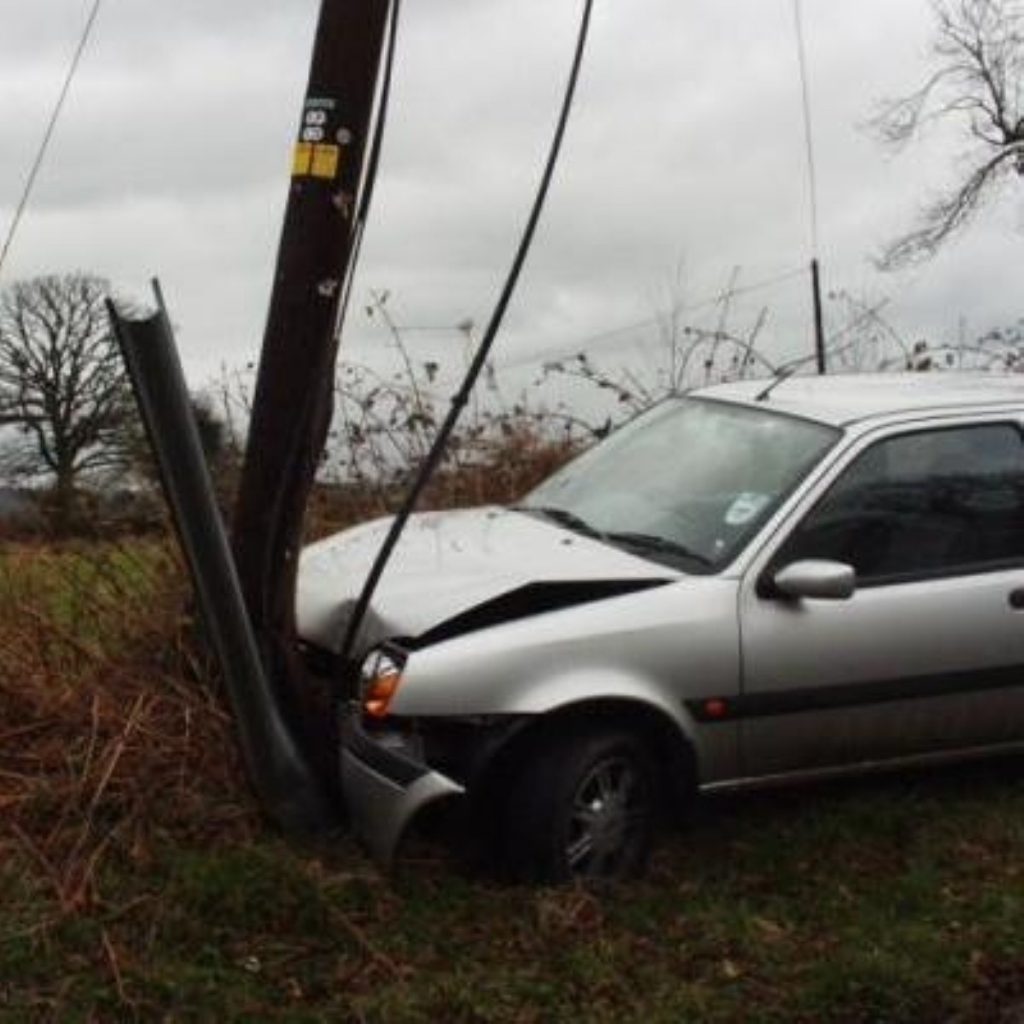Calls for reduction in drink-driving limit
The government is facing calls for a severe reduction in the amount people can drink before getting behind the wheel of a car.
Research has found that six out of ten male drivers and four in ten female drivers will get in a car after drinking alcohol.
As a result, the charity Brake has called on the government today to reduce the legal drink-driving limit from 80mg to 20mg per 100ml of blood.
It also calls for drivers to be encouraged to drink no alcohol at all, claiming it is the “only safe option” and that any drink impairs your ability to drive.


Brake suggest the problem currently lies in the fact that there is considerable confusion over what is ‘safe to drink’ when driving.
And while women are less likely to risk breaking the drink-driving limit, the number of female drivers being convicted of drink-driving is increasing.
The UK limit is higher than a number of other EU countries, with Poland, Sweden and Norway setting their limit at 20mpg.
Brake claims the current “dangerously-high” limit combined with the confusion over what drivers can drink make “a lethal combination”.
Dan Robinson, spokesperson for Green Flag says: “We would encourage all drivers, male and female, to think about the consequences of driving after having a drink.
“Even one drink can impair judgement and affect our ability to drive. If you are planning on driving, the safest option really is to have nothing at all to drink.”
Cathy Keeler, Brake’s head of campaigns, adds: “People think it won’t happen to them, that they won’t get caught, they won’t be involved in a crash. We must challenge these presumptions in order to change drivers’ attitudes and behaviour.
“The thought of getting caught, and the consequences, need to seem a very real prospect for drivers who through selfishness or ignorance continue to put lives at risk by getting behind the wheel after drinking.
“For drivers who do want to abide by the law, we must make it easy for them to do so by sending out a very clear message – that even one drink is one too many.”
There are, on average, 200-300 road deaths every year associated with drivers whose blood alcohol levels are between 10 and 80mg.












